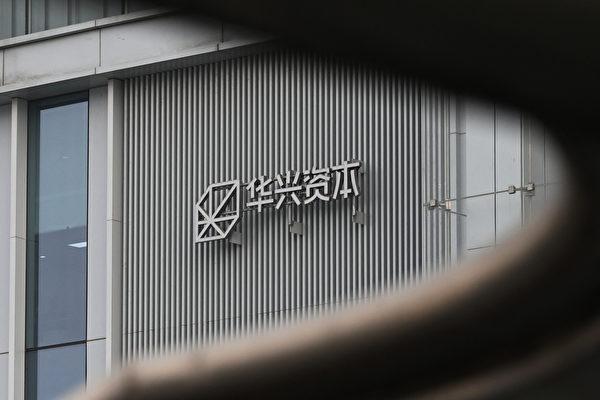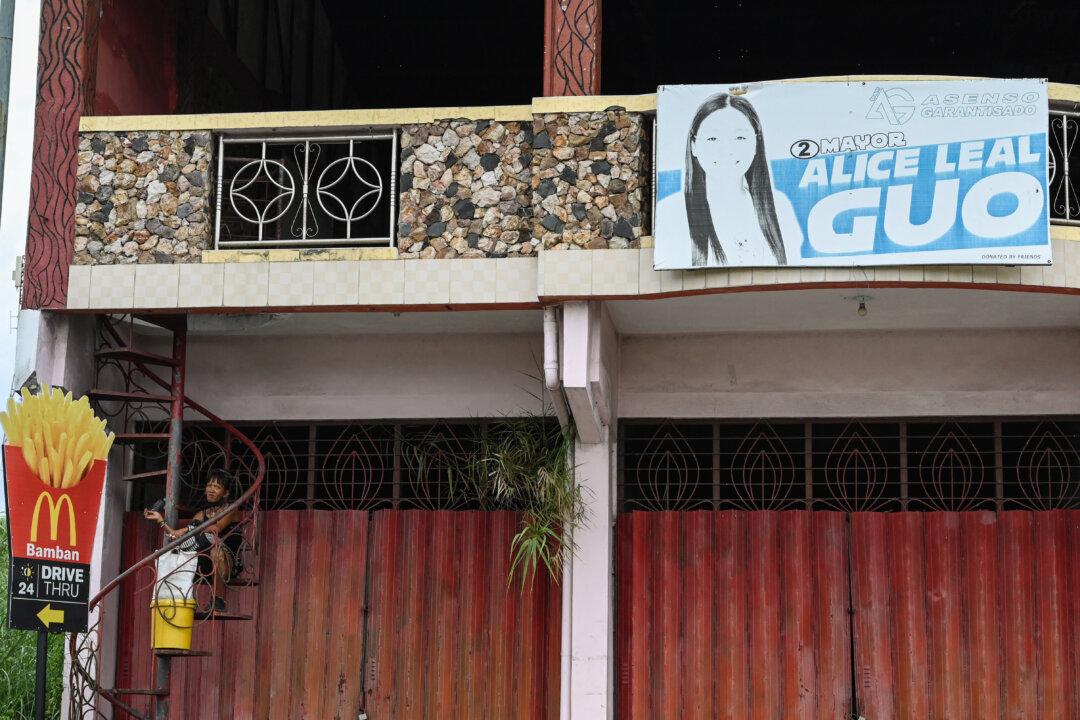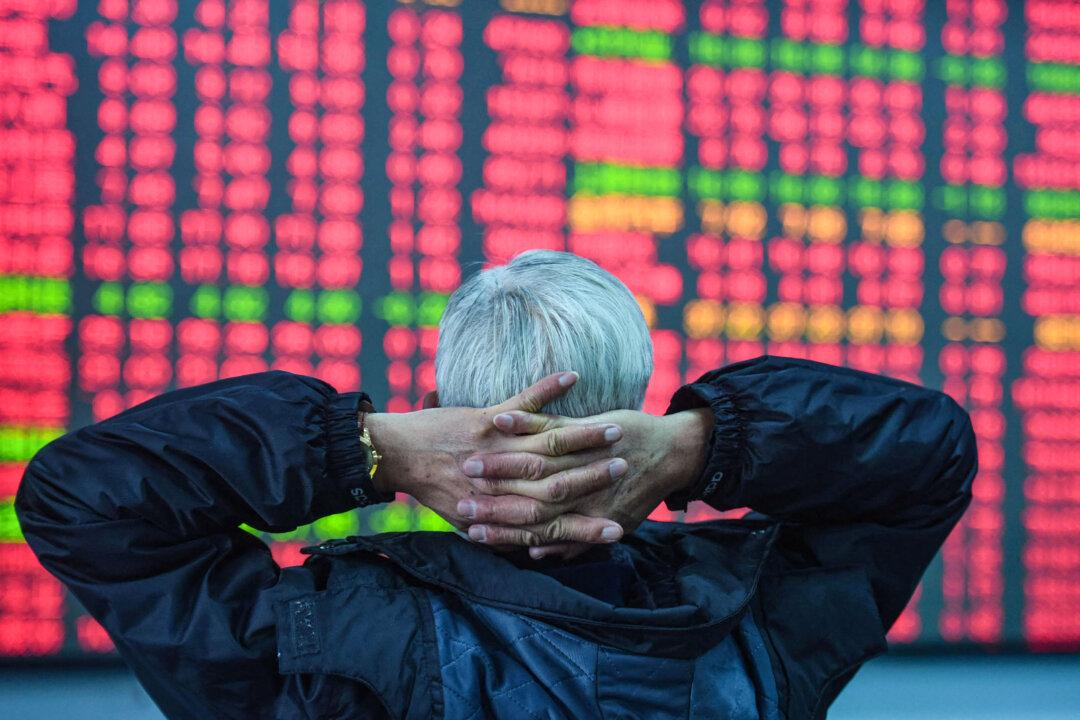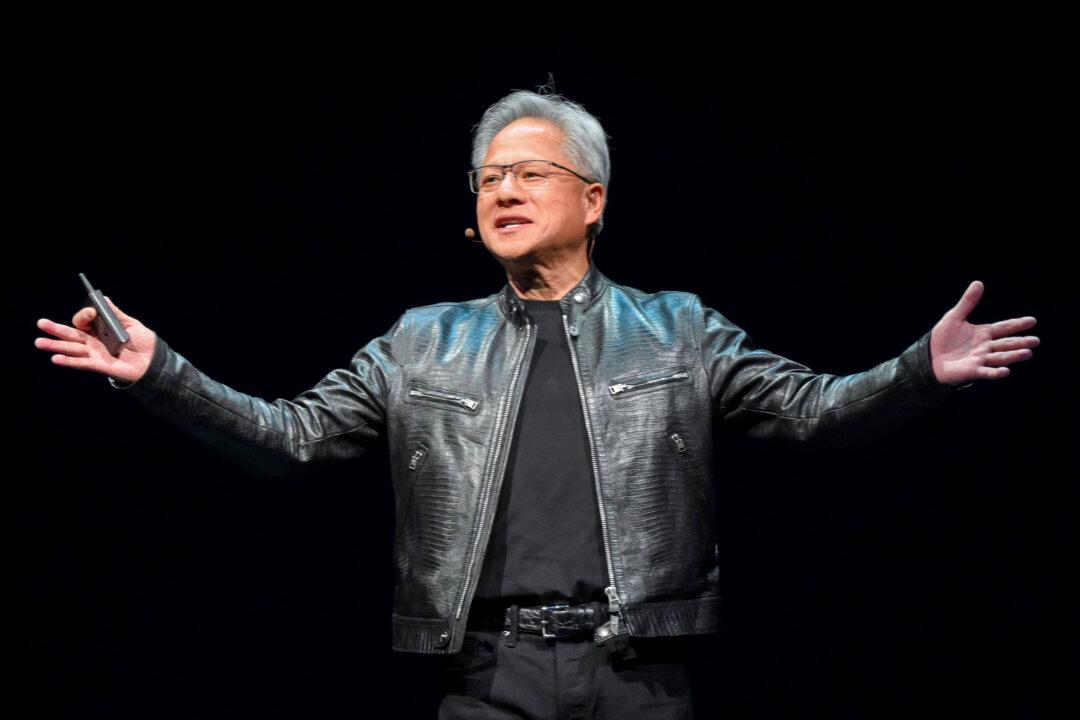Local governments within China are strained financially due to their significant loss of tax revenue. Key industries the regime once relied upon for taxes have struggled with financial hardships while real estate companies have experienced successive defaults.
To address this matter, local government officials within the Chinese Communist Party (CCP) have begun targeting the incomes of affluent executives and entrepreneurs.





